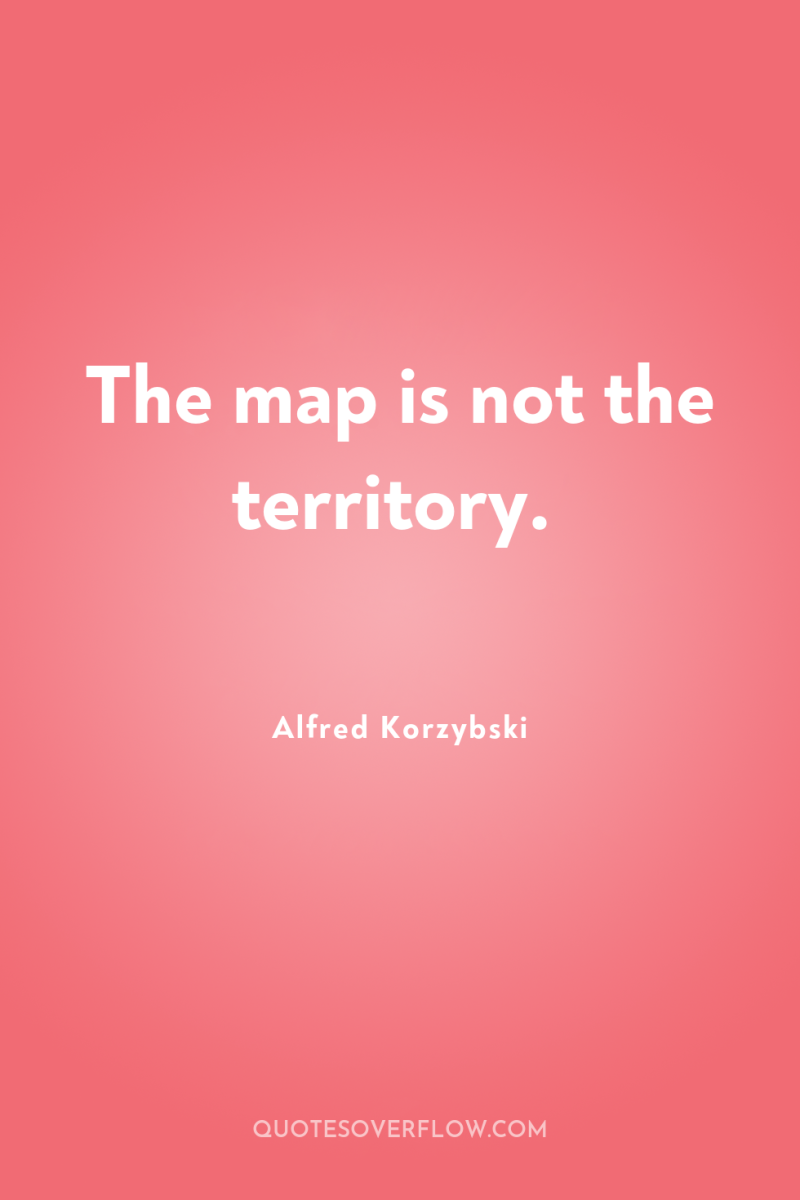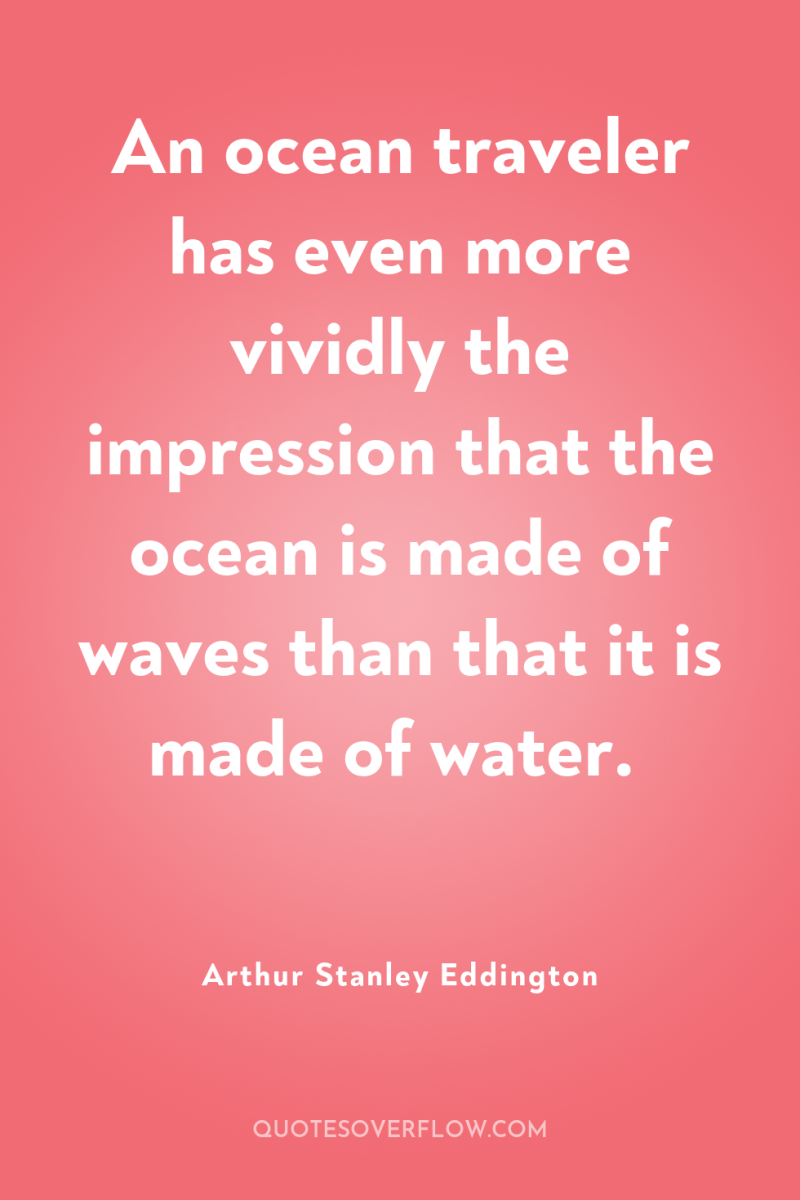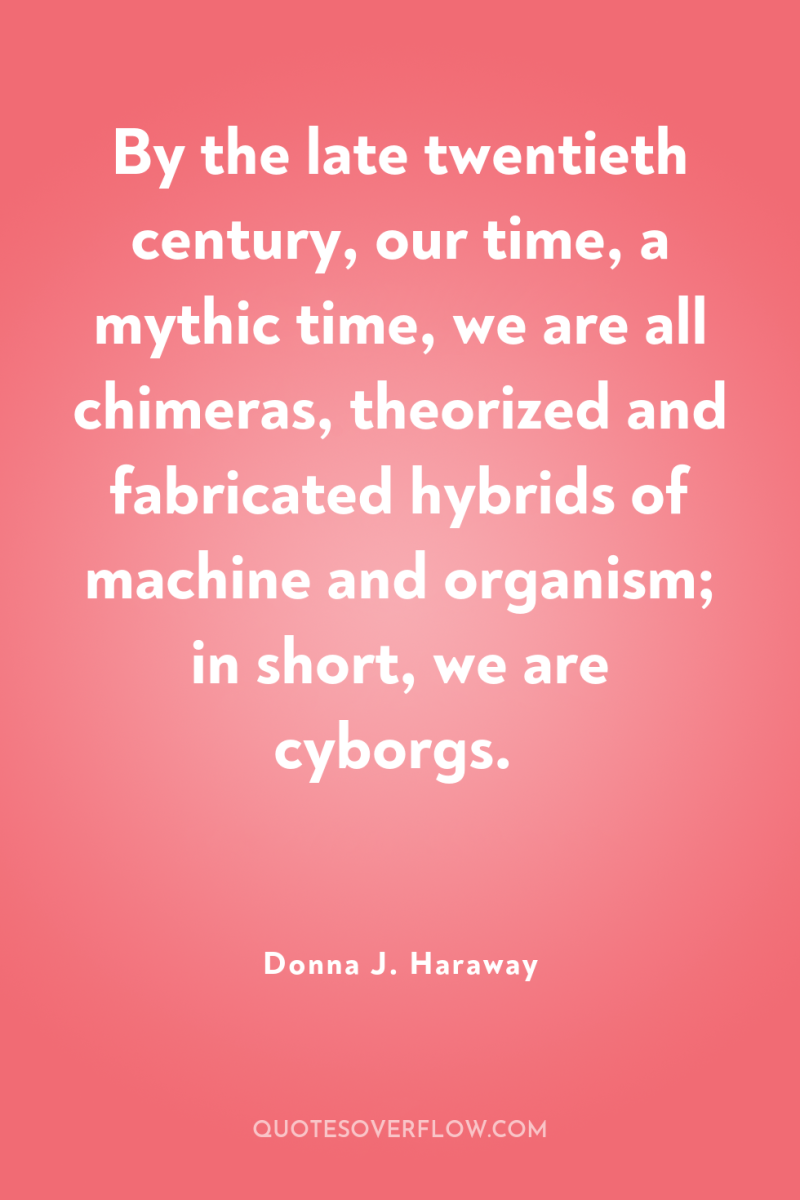
1
The map is not the territory.Alfred Korzybski
2
Pick up a pinecone and count the spiral rows of scales. You may find eight spirals winding up to the left and 13 spirals winding up to the right, or 13 left and 21 right spirals, or other pairs of numbers. The striking fact is that these pairs of numbers are adjacent numbers in the famous Fibonacci series: 1, 1, 2, 3, 5, 8, 13, 21.. Here, each term is the sum of the previous two terms. The phenomenon is well known and called phyllotaxis. Many are the efforts of biologists to understand why pinecones, sunflowers, and many other plants exhibit this remarkable pattern. Organisms do the strangest things, but all these odd things need not reflect selection or historical accident. Some of the best efforts to understand phyllotaxis appeal to a form of self-organization. Paul Green, at Stanford, has argued persuasively that the Fibonacci series is just what one would expects as the simplest self-repeating pattern that can be generated by the particular growth processes in the growing tips of the tissues that form sunflowers, pinecones, and so forth. Like a snowflake and its sixfold symmetry, the pinecone and its phyllotaxis may be part of order for free.Stuart A. Kauffman

3
Big whirls have little whirls, That feed on their velocity; And little whirls have lesser whirls, And so on to viscosity.Lewis Fry Richardson

4
An ocean traveler has even more vividly the impression that the ocean is made of waves than that it is made of water.Arthur Stanley Eddington
5
If biologists have ignored self-organization, it is not because self-ordering is not pervasive and profound. It is because we biologists have yet to understand how to think about systems governed simultaneously by two sources of order, Yet who seeing the snowflake, who seeing simple lipid molecules cast adrift in water forming themselves into cell-like hollow lipid vesicles, who seeing the potential for the crystallization of life in swarms of reacting molecules, who seeing the stunning order for free in networks linking tens upon tens of thousands of variables, can fail to entertain a central thought: if ever we are to attain a final theory in biology, we will surely, surely have to understand the commingling of self-organization and selection. We will have to see that we are the natural expressions of a deeper order. Ultimately, we will discover in our creation myth that we are expected after all. .Stuart A. Kauffman
6
The tendency has always been strong to believe that whatever received a name must be an entity or being, having an independent existence of its own. And if no real entity answering to the name could be found, men did not for that reason suppose that none existed, but imagined that it was something peculiarly abstruse and mysterious.John Stuart Mill
7
The essential fact which emerges .. is that the three smallest and most active reservoirs ( of carbon in the global carbon cycle), the atmosphere, the plants and the soil, are all of roughly the same size. This means that large human disturbance of any one of these reservoirs will have large effects on all three. We cannot hope either to understand or to manage the carbon in the atmosphere unless we understand and manage the trees and the soil too. .Freeman Dyson

8
By the late twentieth century, our time, a mythic time, we are all chimeras, theorized and fabricated hybrids of machine and organism; in short, we are cyborgs.Donna J. Haraway
9
The world of the future will be an even more demanding struggle against the limitations of our intelligence, not a comfortable hammock in which we can lie down to be waited upon by our robot slaves.Norbert Wiener
10
Management, a science? Of course not, it's just a waste-paper basket full of recipes which provided the dish of the day during a few years of plenty and economic growth. Now the recipes are inappropriate and the companies which persist in following them will disappear.Leon Courville
11
Technology - with all its promise and potential - has gotten so far beyond human control that its threatening the future of humankind.Kim J. Vicente
12
Your brain may give birth to any technology, but other brains will decide whether the technology thrives. The number of possible technologies is infinite, and only a few pass this test of affinity with human nature.Robert Wright
13
It bears emphasizing: our traditional ways of thinking have ignored - and virtually made invisible - the relationship between people and technology.Kim J. Vicente